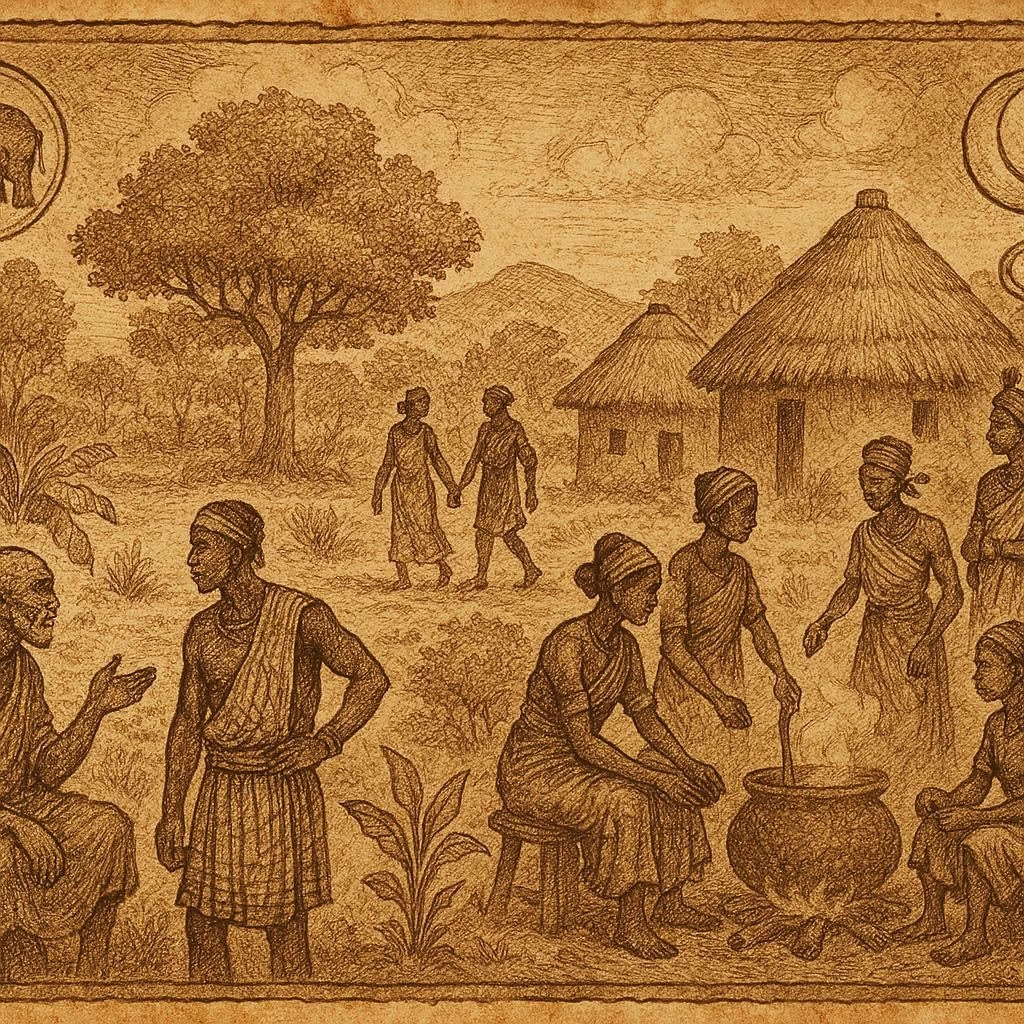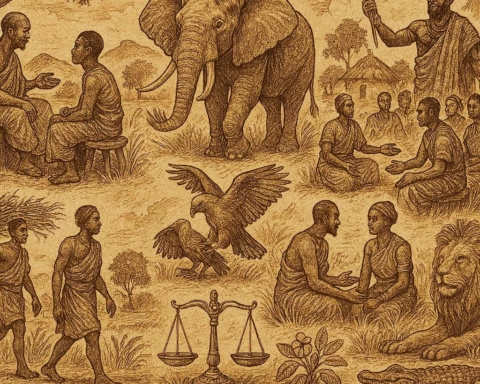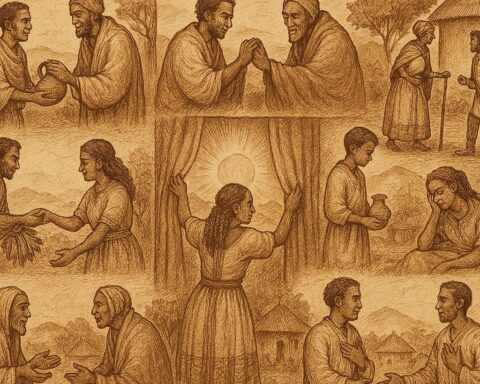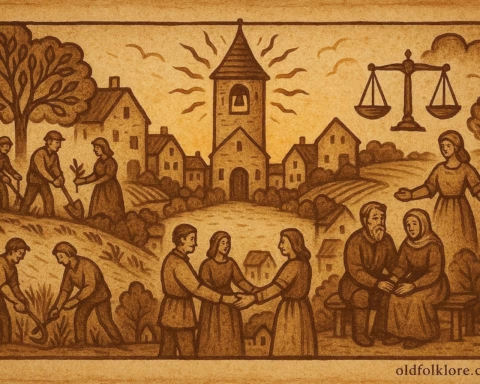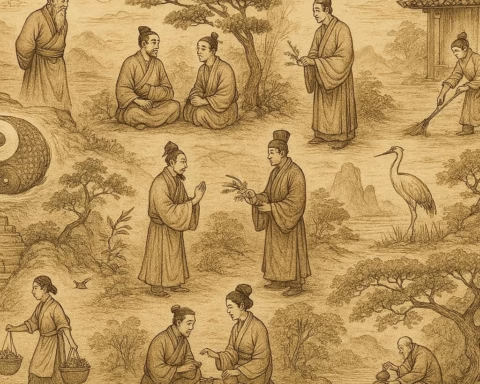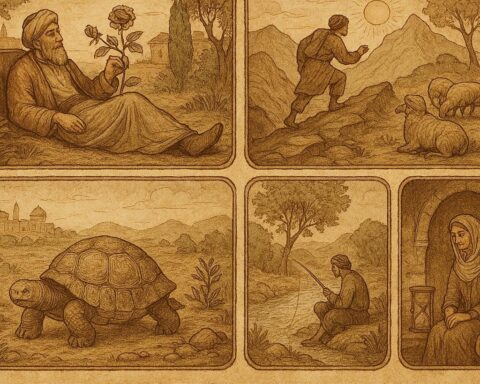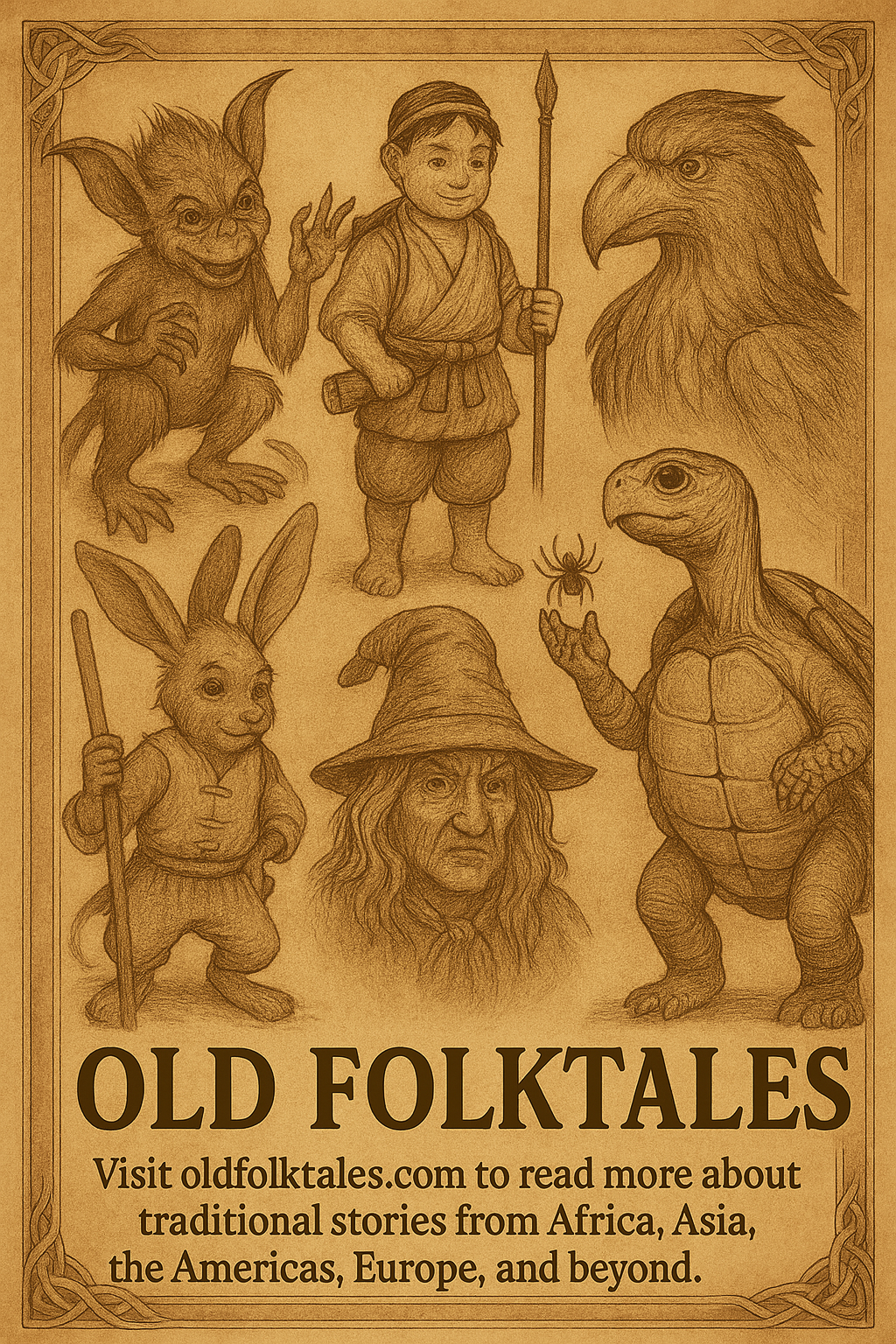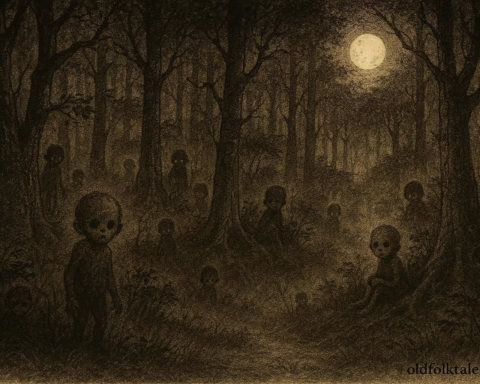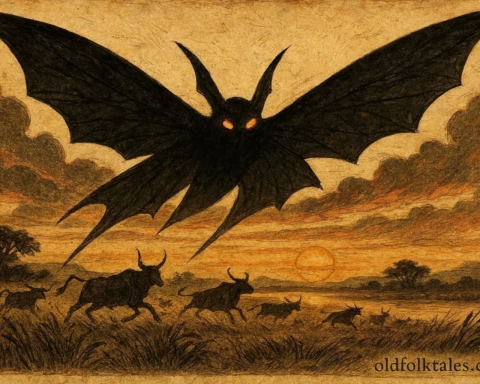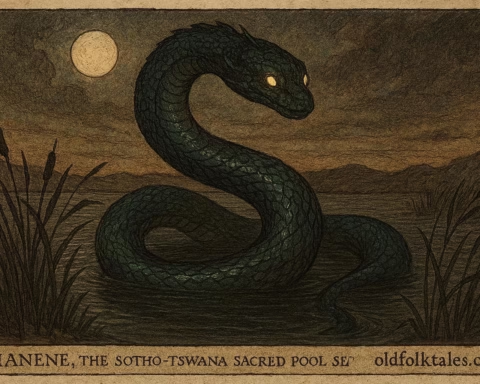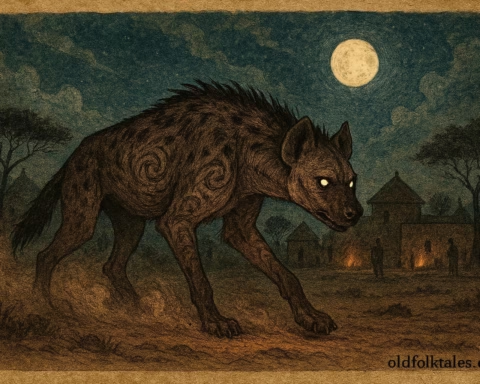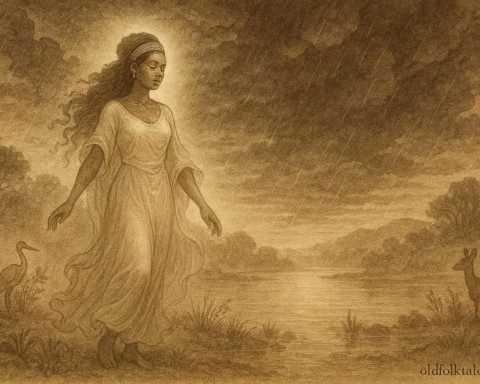The Igbo people of southeastern Nigeria have long valued the power of words, and proverbs, known as ilu, stand at the heart of their cultural wisdom. Proverbs are more than poetic turns of phrase; they are teaching tools, moral compasses, and keys to understanding the fabric of Igbo society.
In a culture where family, kinship, and collective survival matter above individual ambition, Igbo proverbs illuminate the responsibilities of belonging to a community. They remind the individual that while personal achievement is respected, it only finds its true meaning within the web of relationships.
Here are seven Igbo proverbs that offer timeless guidance on community, belonging, and responsibility.
“Igwe bụ ike.”
(The crowd is strength.)
This proverb emphasizes the importance of unity. One person alone is limited, but a community bound together can overcome challenges, defend itself, and prosper. The Igbo recognize that cooperation is the bedrock of survival, whether in farming, trade, or decision-making.
“Otu onye anaghi azu ama.”
(One person alone does not build a community.)
Belonging comes with responsibility. A village is not shaped by a single hand but by many. This proverb reminds us that each individual, no matter how small their role, contributes to the greater whole. Leadership without followers is meaningless, and followers without shared effort cannot thrive.
“Onye aghala nwanne ya.”
(Let no one abandon their brother.)
Perhaps one of the most famous Igbo proverbs, it calls for loyalty and mutual support. Brotherhood extends beyond blood ties to the larger community. To abandon another in their time of need is to weaken the fabric that binds everyone together. It is both a moral warning and a communal directive.
“Egbe bere ugo bere, nke si ibe ya ebela, nku kwaa ya.”
(Let the kite perch, let the eagle perch; if one denies the other, may its wings break.)
This is a lesson in tolerance, fairness, and coexistence. Just as different birds share the same sky, so too must people share resources, space, and dignity. A just community is one where everyone has a place and selfishness is punished not by law but by the moral weight of nature itself.
“Nwaanyi bu ife di ji eje mba.”
(A woman is the pillar with which a man enters the world.)
This proverb highlights the communal role of women. In Igbo society, women are not passive figures but vital agents of survival, farming, trading, raising families, and upholding tradition. By honoring women, the proverb teaches that responsibility for the community rests equally on all.
“Mmiri bu ndu.”
(Water is life.)
This saying underscores the collective responsibility to preserve and share vital resources. A well belongs not to one household but to the whole village. In emphasizing water as life, the proverb teaches stewardship, reminding the community that prosperity is sustained only when essentials are shared and protected.
“Aka nri kwo aka ekpe, aka ekpe akwo aka nri; otu a ka ndu si adigide.”
(When the right hand washes the left, and the left washes the right, both become clean.)
This proverb captures the essence of reciprocity. No one thrives in isolation; mutual support ensures balance and survival. In every relationship, between kin, friends, or neighbors, each hand must help the other. It is a reminder that responsibility is never one-sided in a true community.
Cultural Origins
The Igbo worldview is deeply rooted in the principle of umunna, the extended family and kinship network. In this worldview, identity is inseparable from community. Decisions were traditionally made by councils of elders, lineage heads, and titled men, ensuring collective input rather than autocratic rule.
Proverbs played a vital role in these assemblies. They were woven into arguments, judgments, and negotiations, acting as verbal anchors of ancestral wisdom. The values of belonging and responsibility were not abstract, they were embedded in farming practices, marriage customs, religious rituals, and even in markets, where fairness and cooperation ensured survival.
These seven proverbs, drawn from generations of oral tradition, remain powerful reminders in the modern era. They teach that true strength lies in belonging, fairness, reciprocity, and collective responsibility, principles that continue to sustain communities far beyond Igboland.
Knowledge Check
1. What does the Igbo proverb “Igwe bụ ike” mean?
It means “the crowd is strength,” teaching that unity gives power to a community.
2. How is “Onye aghala nwanne ya” relevant today?
It reminds us not to abandon one another, stressing loyalty and collective responsibility.
3. What lesson does “Egbe bere ugo bere” teach?
It teaches tolerance and fairness, encouraging coexistence within communities.
4. Why is “Aka nri kwo aka ekpe” important for community life?
It highlights reciprocity, showing that mutual support sustains relationships and survival.
5. What role do women play in Igbo proverbs on community?
Women are seen as pillars of the community, essential for family, trade, and cultural continuity.
6. How do Igbo proverbs preserve cultural values?
They pass ancestral wisdom orally, guiding justice, leadership, and responsibility in society.
